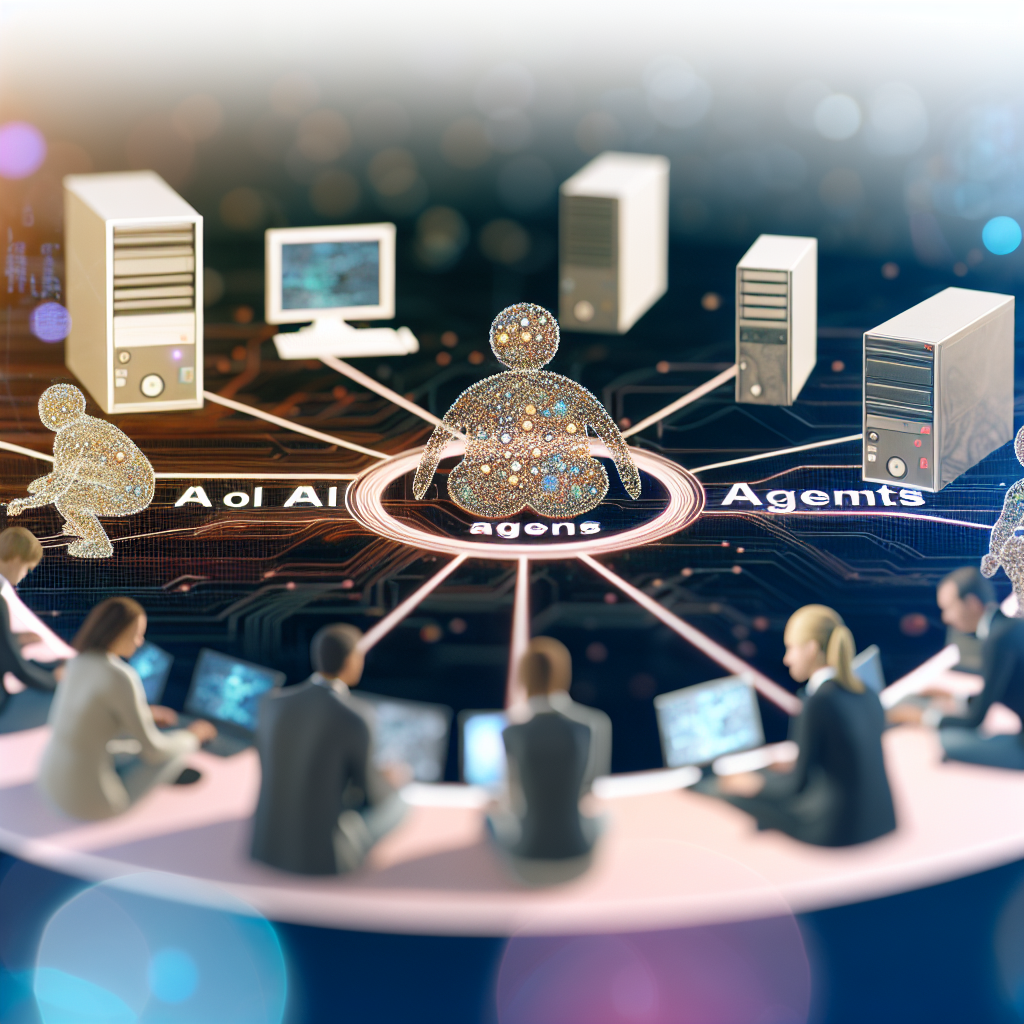Artificial Intelligence (AI) agents are transforming how technology interacts with our daily lives, businesses, and industries. Understanding what AI agents are, how they function, and their applications is essential in today’s digital landscape. In this article, we will explore the concept of AI agents in detail, providing clarity on their roles and capabilities.
Defining AI Agents and Their Core Functions
At its core, an AI agent is a system designed to perceive its environment and act upon it to achieve specific goals. Unlike traditional software that performs predefined tasks, AI agents possess the ability to make decisions based on data, learn from interactions, and adapt to new scenarios. This adaptability distinguishes AI agents from simple automation tools.
AI agents operate through a combination of several components:
- Sensors – To perceive the environment, collecting data through cameras, microphones, or other input devices.
- Processors – To analyze incoming data using machine learning algorithms or rule-based systems.
- Actuators – To perform actions in response to processed information, such as moving, communicating, or modifying digital environments.
For example, a virtual assistant like Siri or Alexa acts as an AI agent by sensing user commands, processing natural language, and executing tasks like setting reminders or controlling smart home devices. These agents continuously interpret their environment and refine their responses to improve effectiveness.
The Evolution and Application of AI Agents
The development of AI agents has rapidly advanced from simple rule-based systems to sophisticated, autonomous entities. Early AI systems relied heavily on explicit programming, but modern AI agents incorporate machine learning and deep learning techniques, allowing them to learn from data, recognize patterns, and improve over time.
Today, AI agents are prevalent across various domains, including:
- Customer Service: Chatbots and virtual assistants handling inquiries and providing 24/7 support.
- Finance: Automated trading bots making real-time decisions based on market data.
- Healthcare: Diagnostic AI agents analyzing patient data and recommending treatments.
- Automation & Robotics: Autonomous vehicles and industrial robots that navigate and operate independently.
These applications showcase the versatility of AI agents and their capacity to enhance efficiency, accuracy, and user experience. As AI technology continues to evolve, AI agents are expected to become even more autonomous, intuitive, and capable of complex decision-making across diverse fields.
Conclusion
In summary, AI agents are intelligent systems that perceive their environment, process data, and perform actions to achieve specific goals. They have evolved from simple rule-based programs to sophisticated entities utilizing machine learning, powering applications across industries. Understanding AI agents enriches our perspective on the future of automation, decision-making, and human-computer interaction. Staying informed helps us leverage their potential responsibly and effectively.
